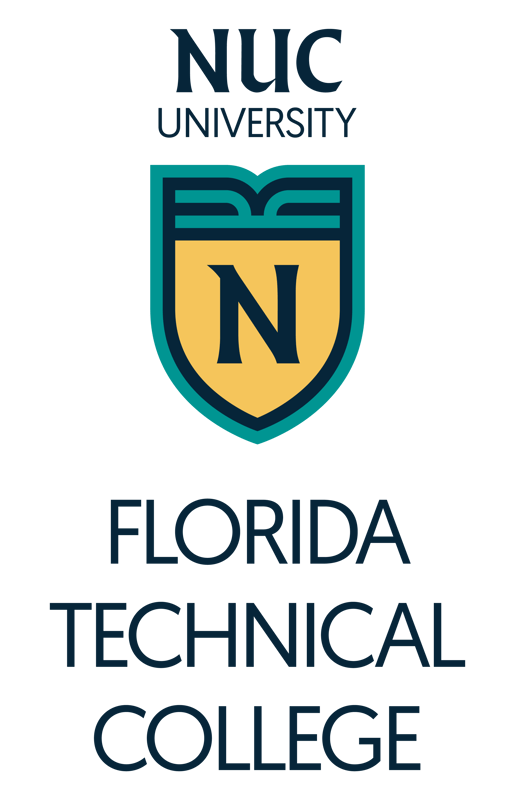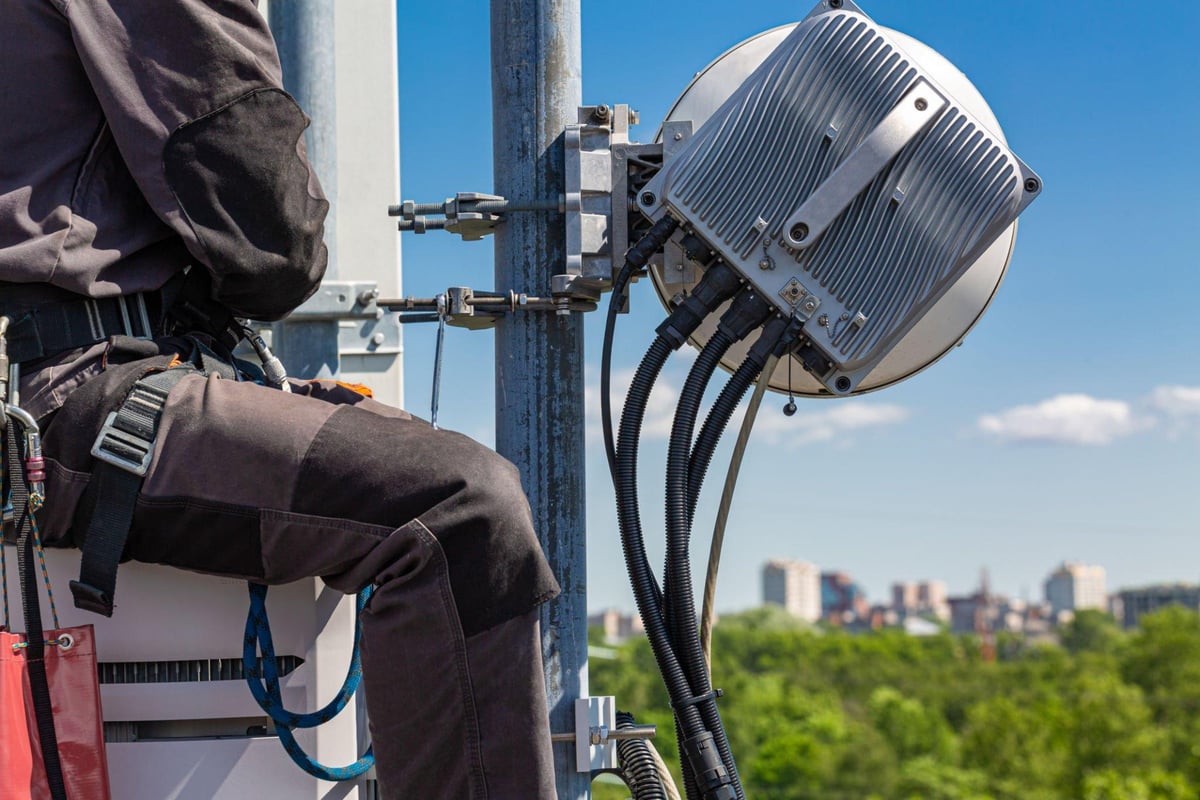
Financial aid (may be available)

Financial aid (may be available)

No cost info

Financial aid (may be available)
In today's technology-driven society, the demand for skilled tower technicians has never been higher. If you're in Lakeland and considering a career change or starting a new vocational journey, this post will guide you through the process of becoming a tower technician.

A tower technician, or tower climber, is a professional who installs, maintains, or repairs telecommunication equipment on cellular towers. These professionals ensure that our mobile devices have the signal necessary to make calls, send texts, and browse the internet. They work at great heights, often in challenging weather conditions, and possess excellent technical skills.
The first step to becoming a tower technician is obtaining the necessary training. While there are no formal education requirements, most employers prefer technicians with a high school diploma or equivalent. Training usually takes the form of vocational classes, where you'll learn the technical skills needed to work on cell towers. These classes cover a wide range of topics, including:
Safety Practices: Working at great heights requires adherence to strict safety protocols. These classes will teach you how to use safety equipment properly and how to minimize risks while on the job.
Equipment Installation & Maintenance: You'll learn how to install, maintain, and repair various types of telecommunication equipment.
Signal Testing & Troubleshooting: These classes will train you on how to test signal strength and troubleshoot common issues that can affect cell tower performance.
When choosing a class, ensure it covers all the necessary skills and knowledge you'll need on the job. The class should offer hands-on training, allowing you to practice what you've learned in a controlled environment. Also, check whether the class is accredited and recognized by industry bodies.
In your day-to-day classes, expect a mix of theoretical and practical learning. You'll likely start with classroom-based lessons before moving on to practical exercises. You'll learn about different types of equipment, safety protocols, and troubleshooting techniques.
After completing your training, the next step is to obtain certification. The certification process often involves passing an exam that tests your knowledge and skills.
Upon receiving your certification, you can start applying for jobs. You can find job listings on online job boards, company websites, and through networking. Remember, having practical experience can give you an edge over other candidates.
Once you're a certified tower technician, you can choose to specialize further by taking additional classes. Some possibilities include:
Advanced Safety Training: While basic safety training is included in most tower technician programs, advanced safety training can make you more valuable to employers.
Specialized Equipment Training: You could choose to specialize in certain types of equipment or technology, such as 5G networks.
Becoming a tower technician is just the start of your career journey. There are many other vocational training programs available for individuals looking to expand their skill sets. For example, you might consider becoming an HVAC technician or a truck driver.
Networking is a crucial part of any career. Joining professional organizations and attending industry events can help you make valuable connections. These networks can provide you with job opportunities and ongoing professional development.
The telecommunication industry is continually evolving, with new technologies and practices emerging regularly. Staying current with these changes can help you remain competitive in the job market and provide the best service possible.
Becoming a tower technician can be a rewarding career choice, offering the opportunity to work in a fast-paced, growing field. With the right training and commitment, you could soon be playing a crucial role in maintaining the telecommunication infrastructure in Lakeland and beyond.
Remember, as a tower technician, your education doesn't stop once you're certified. Regularly updating your skills and knowledge is crucial for staying relevant in this dynamic industry. Whether it's through additional classes, networking, or keeping up with industry trends, always strive for professional growth.
Dreambound has put together numerous guides to help you navigate the certification process in this field, tailored for various cities. For insights into the process or requirements in other states, see some of our additional guides below.
Considering a change in your career? We've gathered some perspectives to help you in your journey. You can explore several of these:
Dreambound's platform allows prospective students to find the right educational program for them through searching, filtering, and connecting with our extensive selection of career & technical education partners.
Dreambound has over 70 programs across healthcare, technology, business, and industrial trades. This includes programs such as Medical Billing, Cybersecurity, and welding.
Some of our schools offer financial aid for those who qualify. Many others offer payment plans, where you can pay the cost of class over time.
Yes, Dreambound offers many online programs. On Dreambound's search, you can filter by online, in-person, and hybrid (part online, part in-person).
Dreambound is completely free for you to use! We are supported by schools and organizations who pay to advertise on our website, so we can offer all of our career resources for free.